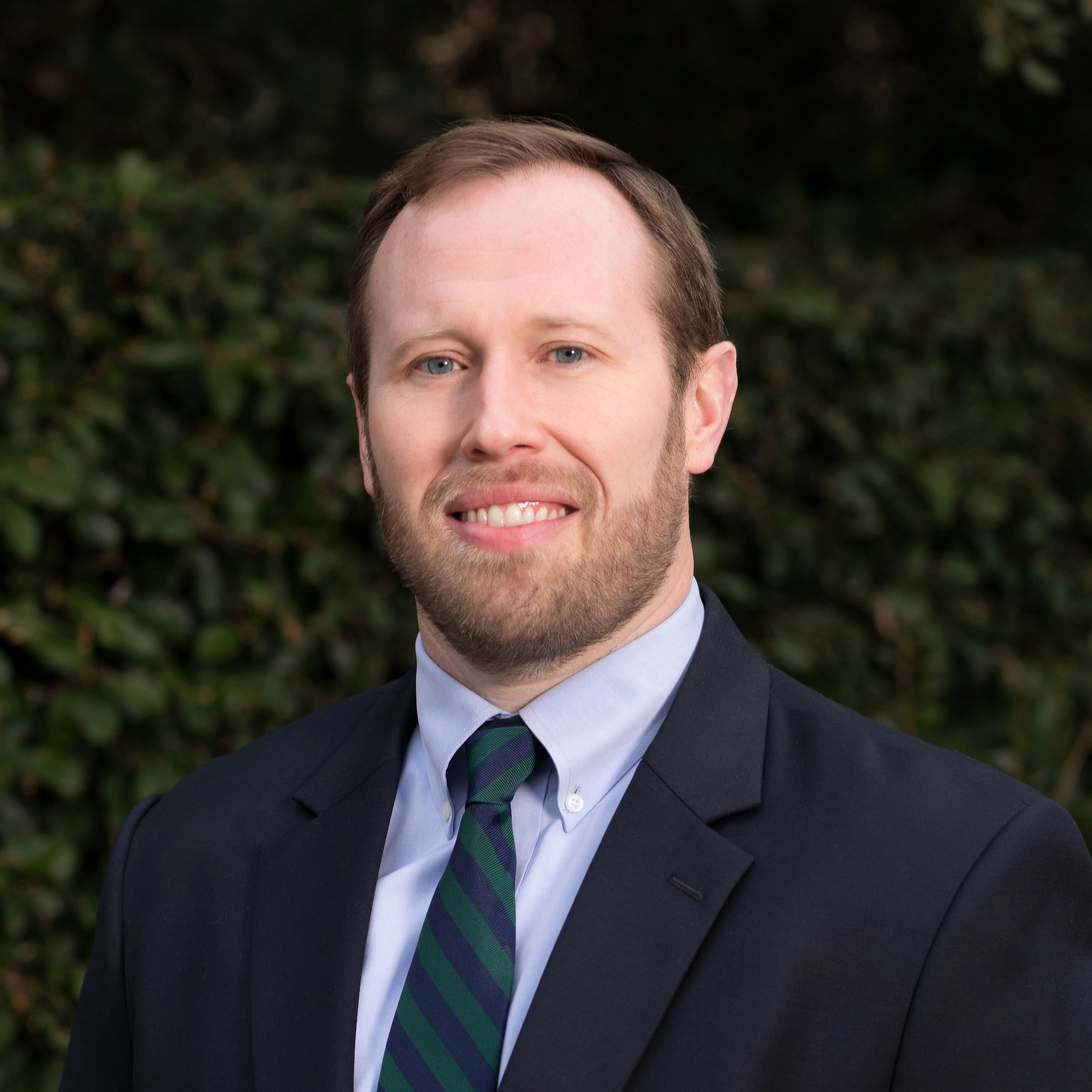LSU Energy Institute Names Tyler Gray Director of Energy Innovation
November 03, 2025
The LSU Energy Institute has named Tyler Gray as its inaugural director of energy innovation, a key leadership role within LSU’s expanding energy research and policy enterprise.
Gray’s appointment marks an important step in LSU’s continued move to align energy-focused units under a single institute to serve Louisiana’s evolving energy economy.

Tyler Gray
Gray previously served as secretary of the Louisiana Department of Conservation and Energy since the inauguration of Governor Jeff Landry. During his tenure in the Governor’s cabinet, Gray spearheaded efforts to modernize Louisiana’s energy and natural resource governance. His move to LSU reinforces a shared commitment between higher education, industry, and government to connect scholarly research with practical implementation.
“Under my administration, we’ve modernized how Louisiana manages energy and natural resources—clear roles, better oversight, and a stronger foundation—and Tyler was central to that effort,” Governor Jeff Landry said. “His move to the Energy Institute will continue building a cohesive, trusted pipeline from research to execution so projects are safe, technically sound, and delivered with confidence. I’m asking everyone—industry, higher education, and agencies—to row in the same direction. One team. This is an opportunity to align talent and research to Louisiana’s needs and move faster on the projects that matter to families across our state.”
“As Louisiana's flagship university, LSU’s mission is to serve the state and its most important industries while developing the workforce to keep Louisiana competitive. Tyler coming in to join the LSU Energy Institute increases our ability to partner and deliver integrated solutions for Louisiana’s energy future.”
Robert Twilley, LSU Vice President of Research & Economic Development
The LSU Energy Institute—established in September—brings together the Center for Energy Studies, Louisiana Geological Survey, and LSU research, innovation, and policy programs under one umbrella, providing a unified platform to serve the state. The institute builds on more than 40 years of trusted, independent energy analysis and extends LSU’s legacy as Louisiana’s anchor institution for energy development.
“The Energy Institute is designed to unify LSU’s strengths—research, policy, innovation,
information, data, education, and outreach,” said Greg Upton, interim executive director
of the LSU Energy Institute. “We’re expanding our capacity to connect expertise to
real-world problems, and Tyler’s background across government and industry will help
us convert complex questions into applied projects in partnership with agencies, parishes,
and the private sector—so results show up on the ground.”
Governor Landry’s recent executive orders and legislative reforms, including Act 458
of 2025, have laid the foundation for developing a unified network that connects Louisiana’s
regulatory, permitting, and development processes with the expertise of the state’s
universities and research institutions. This network aims to address the future needs
of the state across multiple agencies.
“Economic development is not a singular event, but rather a continuous process that
unfolds over time,” Louisiana Economic Development Secretary Susan Bourgeois said.
“Louisiana competes and wins when we move as an aligned system—recruitment, certification,
permitting, and regulation—grounded in trusted research. Coordinating through Tyler
and LSU’s Energy Institute ensures our projects are built on solid analysis, with
predictable timelines and confidence for communities statewide.”
“Our job at DEQ is to implement federal law consistently and transparently,” said
Courtney Burdette, secretary of the Louisiana Department of Environmental Quality.
“That’s hard to do without clear, shared frameworks. With better coordination, we
can stand up practical program overviews for public officials, do the due diligence
on emerging trends, and integrate data into permitting and set predictable standards
and timelines. The outcome is twofold: communities gain confidence in environmental
integrity, and responsible operators gain the certainty to invest in Louisiana instead
of somewhere else. That’s good governance, and it’s how we keep innovation and protection
moving together.”
“We’ve spent the last two years modernizing how the department operates—clearer processes,
stronger oversight, and a cleaner path from policy to implementation,” said Dustin
Davidson, secretary of the Louisiana Department of Conservation and Energy. “Act 458
gives C&E a process to coordinate through a certification program that ties back to
results. We’ll connect experts across the state and build certification programs that
are rigorous and transparent, and get solutions to parishes faster without forcing
them to reinvent the wheel. By building a durable network and setting consistent standards,
we’ll streamline decisions, raise quality, and grow public trust in how Louisiana
manages energy and natural resources.”
The LSU Energy Institute serves as the central hub for energy research, innovation,
data, and policy at LSU. By connecting Louisiana’s universities, industries, and government
agencies, the LSU Energy Institute ensures research becomes results—anchoring Louisiana’s
role as a national leader in reliable, affordable, and responsible energy development.
“As secretary, my goal was to fix the system—to make government effective, transparent, and financially sound. At LSU, my goal is to empower the system—to make sure every researcher, agency, and industry partner has the tools and data they need to innovate confidently.”
Tyler Gray, LSU Director of Energy Innovation
“I’ve worked across every side of the equation—industry, regulation, and policy—and I’ve seen what happens when good ideas lack a structure for execution,” LSU Director of Energy Innovation Tyler Gray said. “The executive orders Governor Landry has issued over the last two years built that structure—a framework turning facts into outcomes through clear processes, accountability, and due diligence. LSU’s Energy Institute continues the work the Legislature began in 1982 with the Center for Energy Studies, ensuring Louisiana always has a trusted source of expertise to guide sound decisions. My goal is to help researchers see their work become part of that solution—to watch their expertise move from concept to implementation in ways that directly serve the people of Louisiana.”
Next Step
LSU's Scholarship First Agenda is helping achieve health, prosperity, and security for Louisiana and the world.


